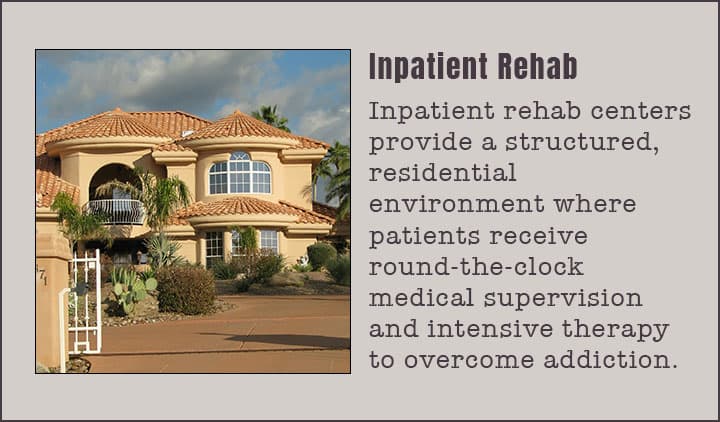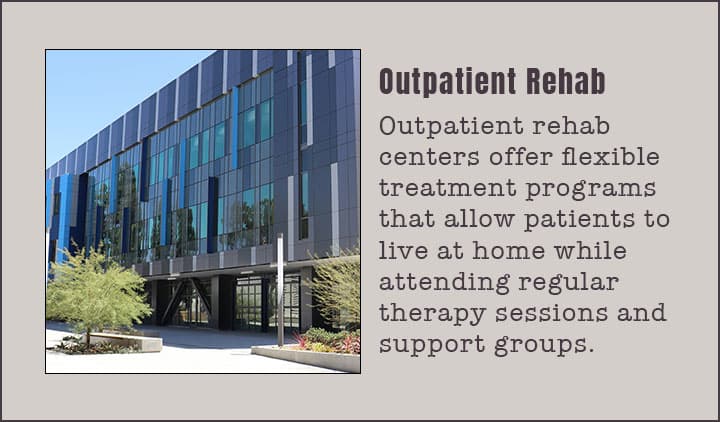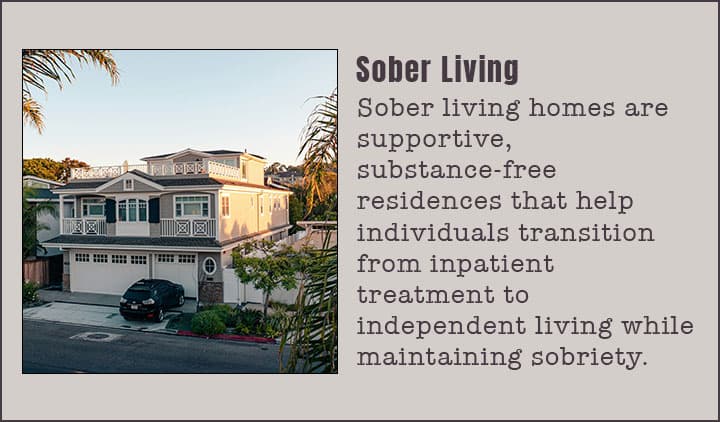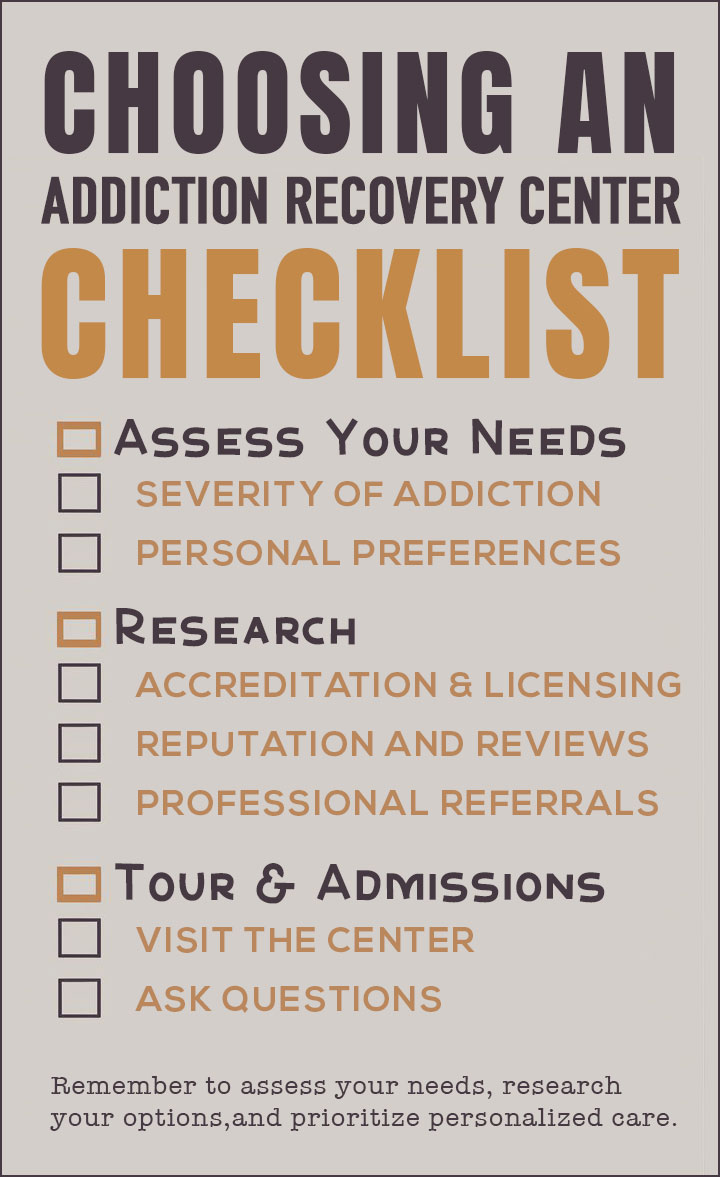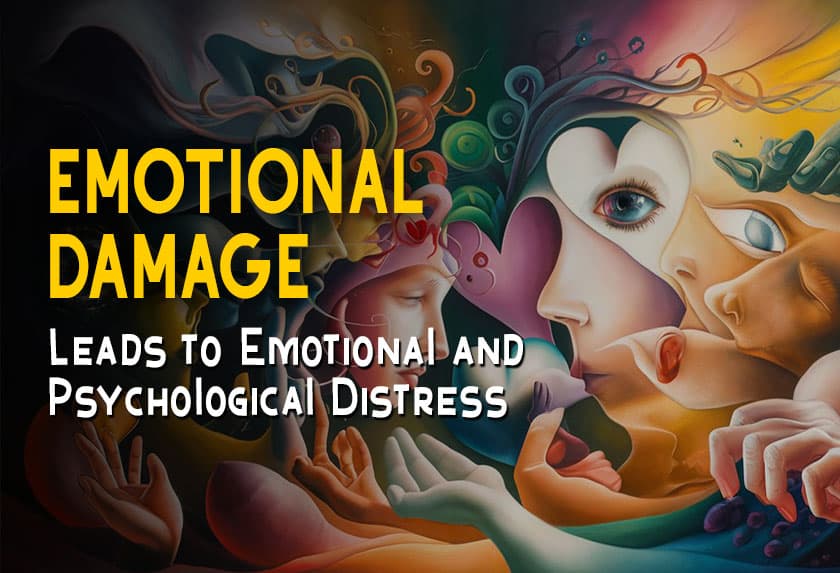In today’s fast-paced world, addiction has become a pressing issue affecting millions of lives globally.
Recognizing the need for help and taking the first step toward recovery is a courageous decision.
Finding the right addiction recovery center can be the key to a successful and sustainable recovery journey.
The goal here is to provide comprehensive information on addiction recovery centers, helping you and your loved ones make informed decisions.
What is an Addiction Recovery Center?
An addiction recovery center is a specialized facility dedicated to helping individuals overcome substance use and addiction.
These centers offer a range of services, including medical detox, therapy, counseling, and aftercare support, tailored to meet the unique needs of each patient.
The primary goal is to guide individuals toward sobriety and equip them with the tools to maintain it.
Types of Addiction Recovery Center Programs
1. Inpatient Rehab Centers
Structure and Support: Inpatient rehab centers require patients to live at the facility for the duration of their treatment. This setup provides a structured environment free from external triggers and temptations.
Comprehensive Care: Patients receive 24/7 medical supervision and support, ensuring their safety and comfort during the detoxification process. Additionally, inpatient programs typically offer intensive therapy sessions, including individual and group counseling.
2. Outpatient Rehab Centers
Flexibility: Outpatient rehab centers allow patients to live at home and maintain their daily responsibilities while attending treatment sessions. This flexibility is ideal for those with strong support systems at home.
Variety of Programs: These centers offer various levels of care, including intensive outpatient programs (IOPs) and partial hospitalization programs (PHPs), providing a tailored approach based on the severity of the addiction.
3. Sober Living Homes
Transitional Support: Sober living homes, also known as halfway houses, provide a supportive, substance-free environment for individuals transitioning from inpatient treatment to independent living.
Community and Accountability: Residents live with others in recovery, fostering a sense of community and accountability. These homes often have rules and guidelines to promote a sober lifestyle.
Key Services Offered by Addiction Recovery Centers
1. Medical Detoxification
Safe Withdrawal: Medical detoxification is the first step in the recovery process, where patients are safely weaned off substances under medical supervision. This process minimizes withdrawal symptoms from drugs and alcohol and reduces the risk of complications.
Medication-Assisted Treatment (MAT): In some cases, medication may be prescribed to ease withdrawal symptoms and cravings, increasing the chances of successful detoxification.
2. Therapy and Counseling
Individual Therapy: One-on-one sessions with a therapist allow patients to explore the underlying causes of their addiction, develop coping strategies, and set goals for recovery.
Group Therapy: Group sessions provide a supportive environment where patients can share their experiences, learn from others, and build a sense of camaraderie.
Family Therapy: Addiction is a destructive force that extends well beyond the individual, leaving loved ones feeling helpless and relationships in tatters. Through family therapy, open communication can be restored, trust gradually rebuilt, and unhealthy family dynamics that may have contributed to the addiction can be addressed head-on.
3. Holistic Approach to Substance Abuse
Mind-Body Connection: Many recovery centers incorporate holistic treatments such as yoga, meditation, art therapy, and acupuncture to promote overall well-being.
Complementary Therapies: These therapies work alongside traditional addiction treatments to address physical, emotional, and spiritual health.
Aftercare Support
Continued Guidance: Aftercare programs are crucial for maintaining sobriety post-treatment. They may include ongoing therapy, support groups, and relapse prevention planning.
Resources and Referrals: Recovery centers often provide resources and referrals to local support services, ensuring patients have access to continuous care.
How to Choose the Right Addiction Recovery Center
1. Assess Your Needs
Severity of Addiction: Consider the severity of the addiction and any co-occurring mental health disorders. Inpatient treatment may be necessary for severe cases while outpatient programs might suffice for milder addictions.
Personal Preferences: Reflect on personal preferences regarding treatment approaches, facility amenities, and location. Some individuals may prefer a holistic approach, while others may prioritize medical treatment.
2. Research and Recommendations
Accreditation and Licensing: When looking at potential treatment centers, make certain the facility carries full accreditation and licensure from all appropriate organizations such as The Joint Commission. Accreditation indicates that the facility meets high standards of care.
Reputation and Reviews: Look for reviews and testimonials from former patients. Positive feedback can provide insight into the quality of care and patient satisfaction.
Professional Referrals: Seek recommendations from healthcare providers, therapists, or support groups. Professionals in the field can offer valuable insights and referrals.
3. Facility Tour and Admission Consultation
Visit the Center: If possible, visit the facility to get a firsthand look at the environment, meet the staff, and ask questions about the programs and services offered.
Ask Questions: Prepare a list of questions to ask during your visit. Inquire about the treatment methods, staff qualifications, patient-to-staff ratio, and aftercare support.
The Importance of Personalized Treatment Plans
Every individual’s journey to recovery is unique, and a one-size-fits-all approach is often ineffective. A reputable addiction recovery center will develop personalized treatment plans tailored to each patient’s specific needs and circumstances. These plans should consider factors such as:
- Type of Addiction: Different substances require different treatment approaches.
- Co-Occurring Disorders: Many individuals with addiction also suffer from mental health disorders. An integrated approach that addresses both issues is crucial. This is also knows as a dual diagnosis.
- Personal History: Understanding the patient’s history, including any previous attempts at recovery, can inform the treatment plan.
Final Thoughts
Choosing the right addiction recovery center is a critical step in the journey to sobriety.
With the right support and treatment, individuals can overcome addiction and lead fulfilling, healthy lives.
Remember to assess your needs, research your options, and prioritize personalized care.
By considering these factors and taking a thoughtful approach, you can find an addiction recovery center that will provide the support and resources needed for a successful recovery journey.
Don’t hesitate to reach out and take that first step toward a healthier, happier future.
Frequently Asked Questions
What services does an addiction recovery center typically offer?
An addiction recovery center may offer services such as detox programs, individual counseling, treatment programs for substance use disorders, assistance with insurance, 24/7 emergency assistance, and mental health care.
How can I access an addiction recovery center in a crisis situation?
If you are facing a crisis related to alcohol or drug addiction, you can contact an addiction recovery center for immediate assistance. Many centers offer 24-hour services to provide help in emergency situations.
Can a physician or counselor refer me to an addiction recovery center?
Yes, physicians, counselors, or other healthcare professionals can provide referrals to addiction recovery centers for individuals in need of assistance with substance use disorders.
What is the role of a partner in the recovery process at an addiction recovery center?
A partner can offer support, encouragement, and understanding to individuals seeking recovery from addiction. They can play a crucial role in the recovery journey.
Are addiction recovery centers equipped to provide care for mental health issues?
Yes, many addiction recovery centers offer services to address co-occurring mental health issues, providing a comprehensive approach to treatment for individuals facing mental health challenges.
How are clients welcomed and supported at an addiction recovery center?
Addiction recovery centers strive to create a welcoming and supportive environment for clients, offering confidential and sensitive care to help individuals feel comfortable and supported throughout their recovery journey.
What funding options are available for accessing services at an addiction recovery center?
Addiction recovery centers may offer funding options such as sliding fee scales, assistance with insurance coverage, or free of charge services to ensure individuals and families can access the care they need.


